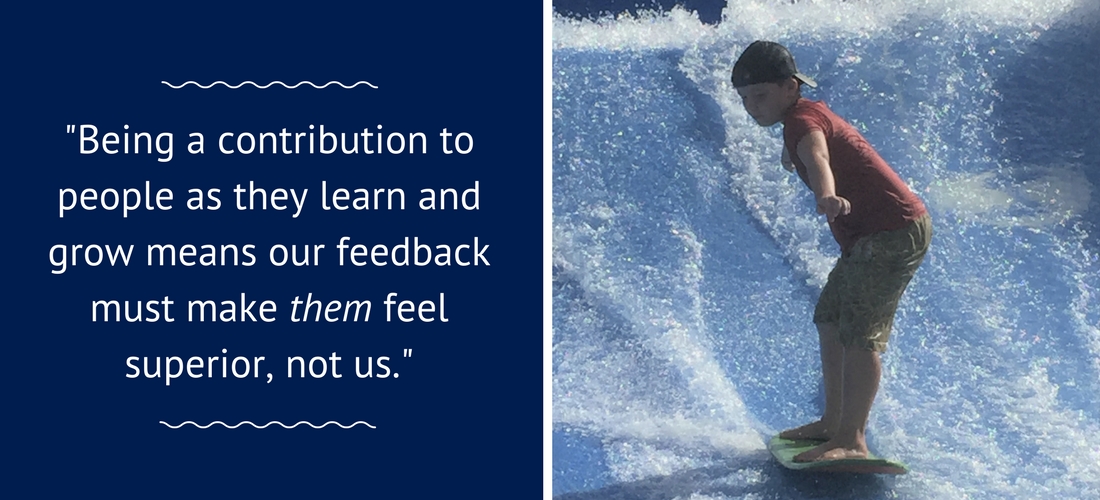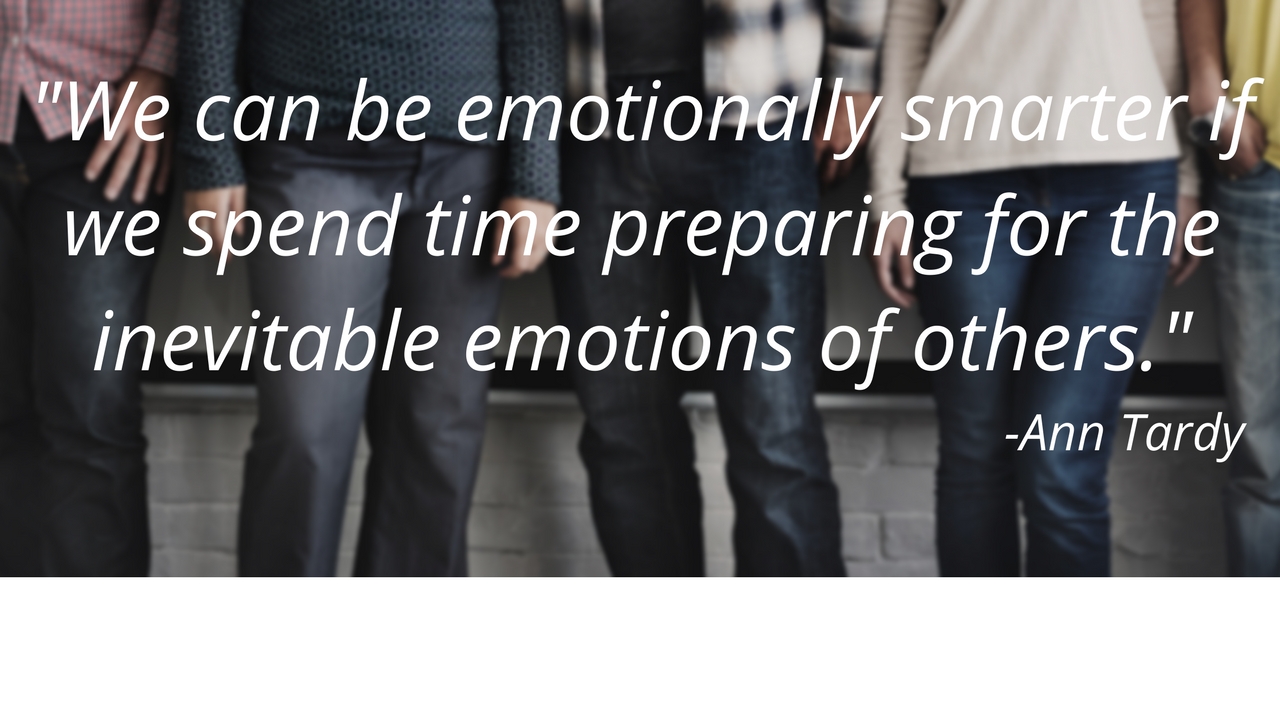
Confront Don’t Cower, Incite Don’t Ignore
Just when we thought bullying was the most injurious, research reveals that ignoring is actually worse.
This reality can be explained by our basic human needs:
- to be recognized and accepted
- to interact, connect, and belong
- to matter
When we fight, at least we are interacting and connecting – the altercation evidence that the people in it actually exist.
But when we ignore someone, we reject, banish, and ostracize, confirming their fear of irrelevance.
As a result, ignoring easily leads to feelings of humiliation, helplessness, insecurity, and a motivation to quit.
…even when our actions are not about them, but merely a reflection of our own lack of courage or inability to confront.
Ignoring (intentionally or unintentionally) can take many forms:
- not responding to texts, emails, or calls
- not inviting or including someone
- not hearing (or pretending not to hear) a question/comment
- silent treatment
As with all experiences, ostracism is the in the eye of the sufferer, not the culprit. Our own perception or projected response becomes insignificant.
So, short of coddling everyone on our team, what should we do? Help people matter.
- respond and recognize
- include and interact
- argue and altercate
- confront and clarify
- dig in and empathize
- and communicate when we can’t
It takes arrogance or cowardice to ignore someone. But it takes courage to respect their contribution, even if we dislike it, them, or the situation.
Ultimately, we are better leaders when we confront instead of cower, and include (even incite!) instead of ignore.







